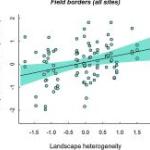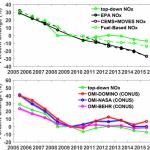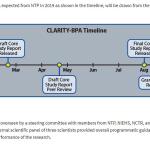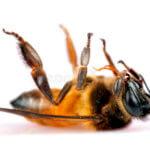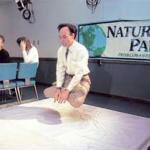Humans like to do something. We go to war on cancer, we battle it, we seek to defeat it.
Chemicals & Chemistry
I've been a science writer and editor for nearly eight years. During this time, I've learned a few things.
A new paper in PNAS expresses concern that decades of progress in cleaning up U.S. air quality mean improvements for two pollutants have slowed in recent years.
There can be no better example of the damage done by quackery masked as "alternative medicine" than the tragic case of Chad
Last week, a day-long meeting was held at the National Institute of Environmental Health Sciences (NIEHS) in Research Triangle Park, North Carolina to discuss the resu
A study that was just published in Environmental Science and Technology claims that PCBs (polychlorinated biphenyls) are a significant contributor to indoor air pollution because the c
One of the problems with science communication is that we are always a day or two behind the mass media. The general pattern is this:
If you were concerned after reading a sentence like “Populations of honeybees have crashed in recent years, and many researchers have pointed the blame at a class of widely used insecticides called neonicotinoids,” you are not alone.&nbs
In October 2017, the Journal of the American Medical Association (JAMA) added to the weight of evidence they care more about media attention than science by publishing a "Letter" claiming that glyphosate was detected in urin
California has given up all pretense of being a state governed by reason or common sense: Los Angeles Superior Court Judge Elihu Berle ruled that coffee must carry a cancer warning label. The judge’s ruling is scientifically illiterate.
